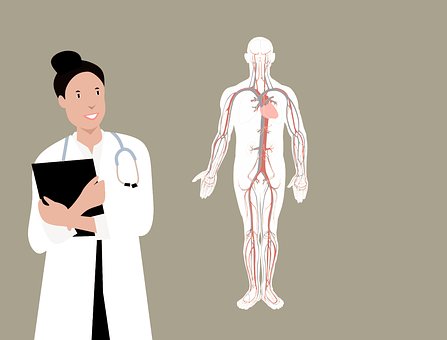|
Many patients with chronic diseases ask themselves and their doctors this question. The truth is, it is all individual. With some people and some diseases, cures do exist, and with others, they are only managed until a cure can be found or the right therapy implemented.
What is the Difference Between a Cure and Management? A cure entails that all aspects of the disease process are gone, and they aren’t expected to return. Management of a disease is the mainstay of medicine, and its primary function is to control symptoms while the original disease continues to ravage the body. Allopathic medicine, or traditional medicine, uses prescription drugs, topicals, and treatments to help manage bothersome symptoms while often looking for a cure. An example of a typical cure would be athlete’s foot, where the use of topical antifungal creams can get rid of the fungus, and the foot is cured of the infection. Other diseases have no cure, such as pancreatic deficiencies that cause diabetes. While treatments exist to control the blood sugar and ravages of the disease, there is no viable cure for this type of diabetes yet. When is Cure and Management at a Point of Disagreement in Medicine?Philosophies in medicine vary. Allopathic medicine is compartmentalized into a vast array of specialties, making it difficult for a practitioner to see the whole picture and how one system may relate to another when planning a treatment regimen. This also makes it more difficult to find a cure as opposed to symptom management. How often have you gone to the doctor for a simple problem only to be referred to a specialist who never asks you about other dimensions in your life that may be affecting your condition? After all, the doctor is a specialist and only focuses on his specialty. Thus, a specialist manages care but rarely cures the problem. Take hypothyroidism, for example. An endocrinologist will more than likely do a thyroid panel and, if awry, prescribe the appropriate medications to manage the symptoms. There will be no inquiry into whether the hypothyroidism is caused by iodine or selenium deficiency or both. Either deficiency, when treated, may cure hypothyroidism, but a focus on management means the origin of the problem is missed, and the patient continues to be a silent sufferer of a chronic condition that could have easily been cured. Grammar Often Leads to Confusion Cure implies there is a certainty that a medical condition will not be present after a medical intervention. However, many medical conditions have no cure, such as HIV, and management is the only option. Treatment involves examining the processes underlying the risks contributing to the medical condition. Cure involves certainty, and treatment is a process. A process can lead to a cure, but management does not lead to a cure. It only leads to managing symptoms with the underlying cause unidentified. So, when looking for a cure, you aren’t looking to manage your disease; you are looking for a practitioner, of whatever philosophy, be it allopathic, functional, or integrative, that will look at you as a whole person. A person that will not just manage your care but will get to know you as an individual and the variables that might contribute to your chronic illness. Thus, a comprehensive treatment plan is needed to get to the root cause of the problem and promote healing. Take Home Know when your care is only being managed and when you should look for someone who can cure your condition. Too many people settle for managed care when it is within the powers of the individual and the medical practitioner to guide the individual patient to a cure for their illness. Whether it is lifestyle change, taking supplements, or researching the literature, answers to healing many diseases are often within our reach, we just need to cooperate with and seek out those practitioners who look at a condition holistically and keep up to date with the scientific literature. With other conditions, we need to settle for management of symptoms. As with arthritis and heart disease, these chronic conditions have no cure yet, only symptom management and we need to recognize the difference. Even symptom management should be done holistically with a comprehensive treatment plan done by a practitioner who considers the whole picture.
0 Comments
Leave a Reply. |
Author
|


 RSS Feed
RSS Feed